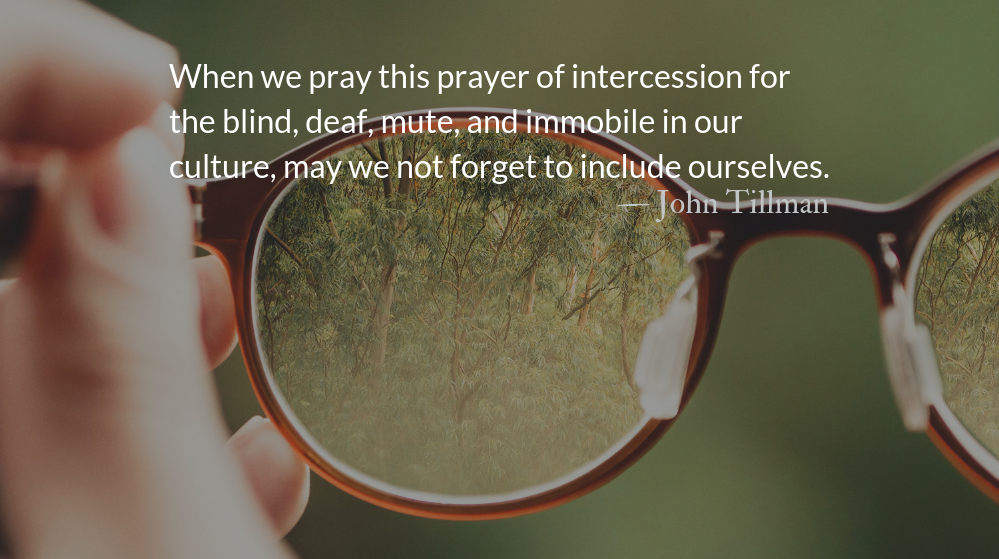Mark 14.18-19
While they were reclining at the table eating, he said, “Truly I tell you, one of you will betray me—one who is eating with me.”
They were saddened, and one by one they said to him, “Surely you don’t mean me?”
Reflection: In the Face of Betrayal
By John Tillman
Jesus was familiar with the entire spectrum of betrayal.
He was betrayed on a national level.
Jesus was the rightful king. The Messiah. But he was never accepted by those in power. He was the rejected king, the rejected cornerstone. In some ways, he was never truly allowed to return from exile in Egypt, being forced to live his entire life in obscurity. Even at the height of his popularity he stayed in out of the way places to avoid those who wanted to kill him. He only returned to Jerusalem at the end of his ministry for the purpose of being rejected and killed.
He was betrayed on a broad, societal level.
Jesus experienced Twitter-storm levels of betrayal. The religious leaders, just a few days prior, wanted to arrest and kill Jesus but refrained for fear of the great crowd that supported him. In a matter of hours, the crowd that was his protection, became the engine that drove the wheels of government to crush him.
He was betrayed on an intimate and personal level.
Even though Jesus knew betrayal by Judas was coming, the intimacy of it—the sign of the kiss—still shocked him. And Peter’s betrayal, cursing and denying Christ after so boldly claiming that all could fall away and he would still not, is one of the most heart-wrenching moments of the New Testament. The account in Luke contains the cinematic detail of Christ, in the midst of being beaten and accused, hearing the cock crow and turning to catch Peter’s eye just after what Peter had done.
Pause right now and film this scene in your own mind. Imagine Christ’s face looking at Peter in that moment.
Imagine his face looking at Judas.
Imagine his face looking at Jerusalem.
Imagine his face looking at the crowds berating him and calling for his death.
The look you imagine on Christ’s face in these moments says a lot about what you believe about who Jesus is and what his character is like.
Imagine his face looking at you.
Our sins are an intimate betrayal. Yet still Jesus looks at us with longing. He weeps for our mistakes and sins, but longs for our repentance and return.
Look full in his wonderful face this week. Do not despair over your betrayal as Judas did. Weep over it as Peter did. And wait. Jesus will lovingly come to you.
Prayer: The Morning Psalm
Answer me, O Lord, for your love is kind; in your great compassion, turn to me. — Psalm 69.18
– Prayer from The Divine Hours: Prayers for Springtime by Phyllis Tickle.
Prayers from The Divine Hours available online and in print.
Today’s Readings
Genesis 41 (Listen – 4:38)
Mark 14 (Listen – 8:37)
Thank You!
Thank you for reading and a huge thank you to those who donate to our ministry, keeping The Park Forum ad-free and enabling us to continue to produce fresh content. Every year our donors help us produce over 100,000 words of free devotionals. Follow this link to support our readers.
Read more about Recognizing our True Position
Stone and King Rejected
Rejected stone.
Rejected king.
In our sins, alone,
Exile stings.
Read more about The Abandoned Savior
God, we abandoned you. Eternal unity broken by our sin. Truly we would have been counted among your disciples that night.











